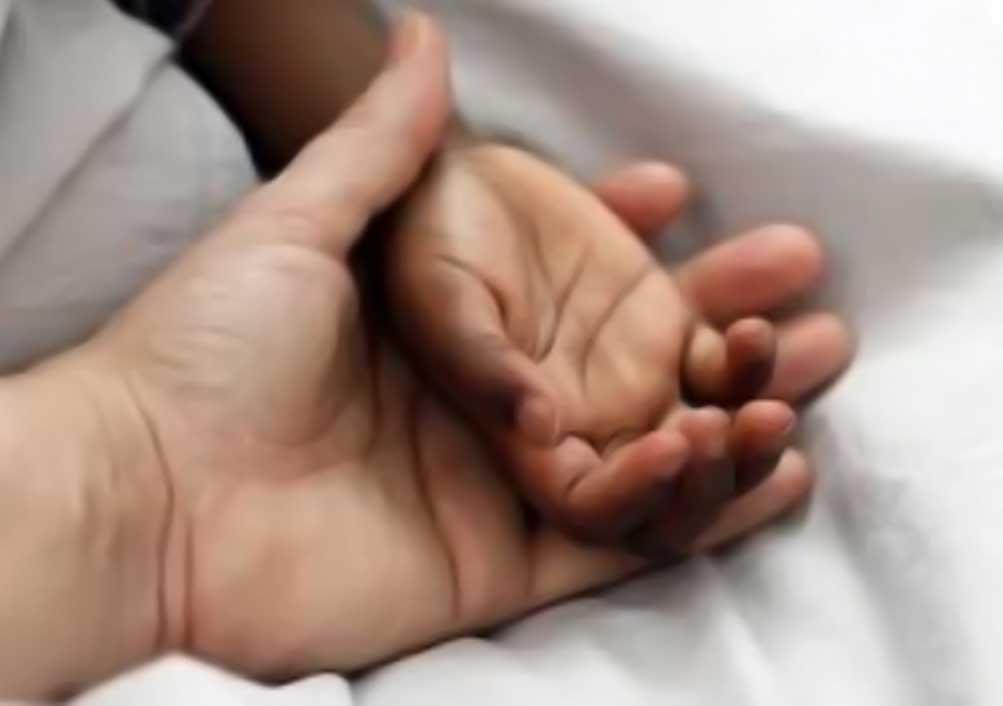Central Adoption Resource Authority to frame guidelines for processing of NOCs for inter-country adoptions under Hindu Adoptions & Maintenance Act: Delhi HC

Read Judgment: R.k. & Anr vs. Central Adoption Resource Authority & Others
Pankaj Bajpai
New Delhi, September 3, 2021: The Delhi High Court has ruled that as per Section 12 of the Hindu Adoption and Maintenance Act, 1956, whenever a child is adopted by adoptive parents, his ties with the biological parents gets severed automatically from the date of adoption and he is considered as a child of adoptive parents for all intents and purposes.
Noticing that the adoption had taken place almost five years ago, the Single Bench of Justice Pratibha M. Singh therefore directed the Committee of Central Adoption Resource Authority (CARA) to ensure that no undue burden is placed upon the adoptive parents and cooperation to be extended to ensure that the child is able to obtain a VISA from the Embassy of Spain to travel and live with the adoptive parents.
The observation came pursuant to petitions concerning challenges being faced in the movement of the child abroad & international adoption of Indian children, including in obtaining passports and visas for the adopted children.
The background of the case was that the biological parents gave their child to the adoptive parents (petitioner) through an adoption ceremony which was conducted in accordance with the provisions of Hindu Adoptions & Maintenance Act, 1956 (HAMA).
After execution of registered adoption deed by the biological parents, a suit for declaration was filed by the adoptive parents, seeking confirmation of adoption of baby, and the ACJ, Senior Division, Punjab, granted a decree.
Accordingly, the adoptive parents applied for the passport of the child and the same was issued. Since the adoptive parents were residents of Spain, so they made an application for a visa for the child.
The Embassy of Spain, however, opined that the procedure for adoption had not been completed and that the adoptive parents would need to obtain a No objection Certificate (NOC) from Central Adoption Resource Authority to be eligible for a visa.Accordingly, the adoptive parents approached CARA for issuance of an NOC, which was rejected, leading to the filing of the present petition.
After considering the arguments and going through the adoption deed, the Delhi High Court observed that the statutory scheme of the Juvenile Justice Act, 2015 (JJ Act) shows that HAMA adoptions are not governed by the provisions of the JJ Act, in view of Section 56(3).
The Adoption Regulations, 2017 also do not provide for adoptions by biological parents or relatives to third-party adoptive parents, and there is therefore a clear legal vacuum in the current regulatory framework for inter-country direct adoptions, added the Court.
“From a reading of Section 1(4) of the JJ Act, 2015, it is clear that the Act provides for the adoption of children in need of care and protection and children in conflict with law and lays down various standards and conditions under which their welfare, including adoption, is regulated. Insofar as direct adoptions are concerned, direct adoptions from the biological parents of the child are permitted under Section 56(2) of the JJ Act, 2015”, observed Justice Singh.
Justice Singh found that the child had been living with the adoptive mother in India for the last three to four years, whereas the adoptive father lives in Spain.
Noticing that the parties have already waited for a long time for being able to take the child to Spain, Justice Singh said that if any of the adoptive parents are located abroad, the Committee of CARA may interact with them through any virtual mode to record their satisfaction as to the verification of the background of the biological parents and the adoptive parents, as also the genuinity of the registered adoption deed.
The High Court therefore disposed of the petition and directed CARA to frame guidelines for the processing of NOCs for inter-country adoptions under HAMA.
Sign up for our weekly newsletter to stay up to date on our product, events featured blog, special offer and all of the exciting things that take place here at Legitquest.




Add a Comment